Dignity Period will be hosting their annual gala on April 30 at the Missouri Botanical Garden, where they will auction ten of my prints from Ethiopia.
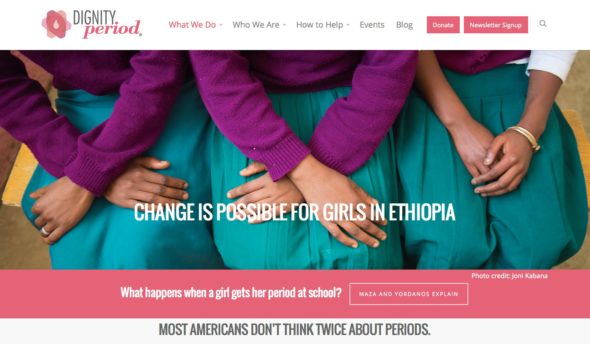
Dignity Period will be hosting their annual gala on April 30 at the Missouri Botanical Garden, where they will auction ten of my prints from Ethiopia.

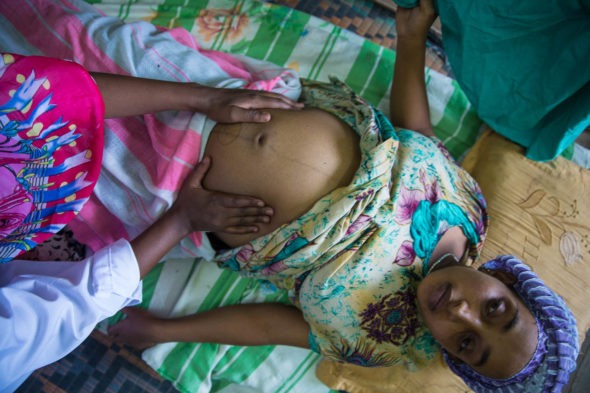
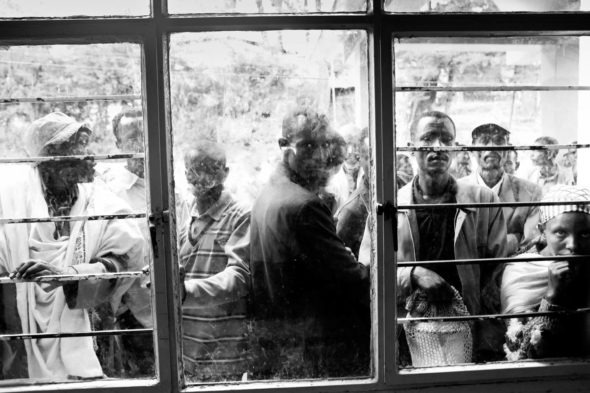
I used my new Sony camera and am astounded at the detail it captures. I love how small it is, which makes it less obtrusive.
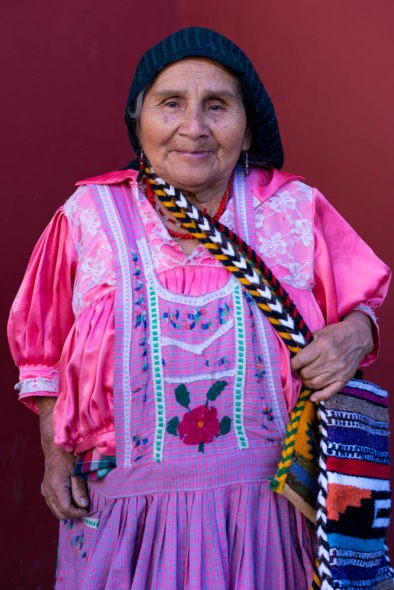
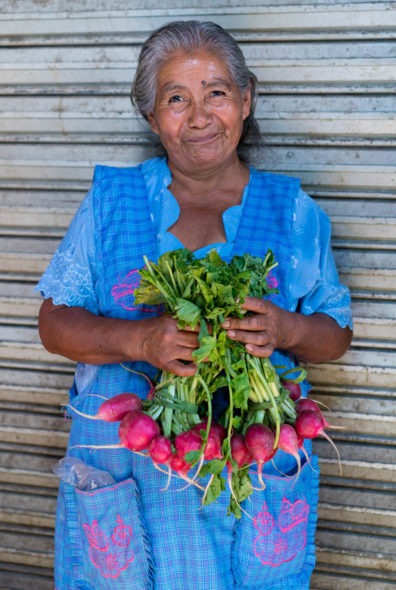
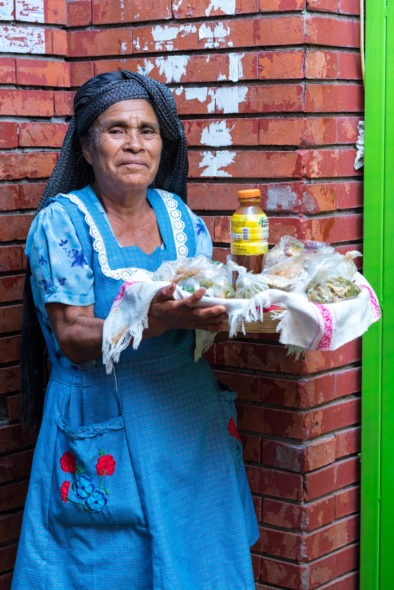
When I attended Ohio University, I wanted to be a Photojournalism major but my father did not permit it for various reasons. Having them initiate this discussion and sanction my work is a long held wish come true.
Listen to the interview here.
“Yes!” I reply, and go on to tell her about the amazing homesteaders who made the soap and also live in the same valley as I do near Spray, Oregon.
“Well, we must learn how to do this. And very soon!” she exclaims, her voice brimming over with excitement.
And thus started the path of connecting goat milk soap-making in Oregon to a small village in Uganda.
This December, a small team will travel to Uganda to bring goat milk soap-making, inspired by Oregon homesteaders, to the small village of Soroti. Women who are survivors of fistula, many who have been shunned by their villages, must now learn small business skills in order to make a living and support themselves.
Already these women have learned sewing, bread and jewelry-making through the reintegration program coordinated by Terrewode, a local Ugandan organization. Its founder, Alice Emasu, grew up in the remote area her organization serves, studied at Washington University in the United States, and returned home to provide services for woman whose child birth injuries have been treated by a local surgeon.
Now these survivors will be able to add soap-making to their skill set.
It is surprisingly difficult to find soap in Africa, and when it is found, it is usually harsh to the skin. Goat milk soap, made from locally found oils such as palm and shea, will be a welcomed commodity for many. We expect that the demand for this kind of soap will provide excellent income for the women when they sell it at markets. It will also increase hygiene levels since the soap will be attractive to use.
In addition, Terrewode will also purchase the soap from the women so that it can be sold on a wider level so the income can support the organization’s programs.
This project has struck a chord with several Oregonians, and the rally for these women is astonishing. Oregon State University has assigned engineering students to design easy-to-use supplies (and has received an International Development Innovation Network Grant for the project), the University of Oregon will be handling financial planning, designer Dardi Troen, and film-maker Zach Krahmer and I have signed on to assist with training, packaging and documenting the process for future growth considerations. Bonnie Ruder, founder of the Uganda Fistula Fund, received an Evans Family Fellowship grant to enable her to assist with implementation follow-up.
The first phase of the project will be a volunteer pilot run where we will work with local materials and iron out any process obstacles while relaying much needed data to the university engineers and financial advisers who are already working in this area of Uganda.
We cannot do this work alone, and we are seeking support for this pilot. Donations will assist with transportation and supplies, and can be sent through Uganda Fistula Fund, where 100% of your donation is tax deductible and will be directed toward this project. Please indicate “SOAP PROJECT” when you make your donation.
We also are planning a very fun fundraiser! Details are:
208 NW 3rd Avenue, Portland, OR
Friday, October 30, 2015
6-7:30pm (doors open at 5:30pm – come early to get a seat!)
Follow along with our trial run in December and January via my Facebook and Instagram updates. We appreciate all interest and support of this project!
Ugandan women learn how to sew at Terrewode Integration Center.
Soon, fistula survivors will be able to include goat milk soap with the goods they sell at market.
The women file into the room, their colorful dresses accentuating their inherent cheerful spirits. They are all fistula survivors, and they are here to help spread joy and encouragement to those who are still suffering from this condition. They have been here before, and they know the isolating despair they felt when they were leaking urine and feces down their own legs.
But today is a new day. They have been healed by the hand of a skillful surgeon and they are now participating in reintegration skill training at Terrewode, their programming funded by the Worldwide Fistula Fund, in the beautiful Soroti region of Uganda. Sewing, jewelry and basket making, bread baking: the products of all of these activities can be sold in markets and and is a way for these women to get back on their feet and feel productive once again. They are here to learn these skills, and also participate in a performance for us.
The African man suffers a generalized stigma that portrays him as typically uncaring, a tyrant who dominates women, marries them at an early age, and abandons them when when they become ill. While these things do happen across our globe, there is another side to this portrayal; concern for women by males in African countries also can be seen readily if one spends any time in villages.
Stephen Otim uses music to attract others to the joyful sounds heard in the distance. In various villages, people gather to see the colorfully clothed dancers and to watch the drama unfold before them. The message in the lyrics and in the dialog all centers around educating others to look for signs of obstructed labor and also to refer a loved one for care should she develop a fistula. Through music and drama, this group is removing the shameful stigma associated with fistula, and in its place they are helping men and women rally around the condition.
One by one, more men ask to become a part of the festive ensemble. They not only understand the issues surrounding maternal care, they feel a sense of responsibility and a surge of motivation to spread maternal health education further. Young men, old retired men, boys: they all want to be a part of this collective concern for their wives, sisters, mothers and daughters.
Each day, approximately 16,000 women die or suffer serious complications from causes related to pregnancy or childbirth. Every six seconds a mother-to-be experiences a life-threatening complication.
I think we all have some work to do.
Music heals, beckons and is a universal language that has no boundaries. Stephen picks up his thumb drum, smiles at my young Moroccan male assistant who has been busy setting up equipment, and says slyly “Would you like to learn how to play?”
(Update: I will be returning to Uganda in November 2015 to work on documenting the music and dance troop’s performances and to assist with an Oregon-Uganda goat milk soap making project. Donations for this work are greatly appreciated. Send us an email if you would like to hear more about these two projects. You can make a donation here. Specify “Soap Project” or “Music Project”)
View a video of the musicians and dancers in their village here.
This is Vikesh Kapoor‘s style of song, and he sings it with conviction, as though he really did experience such down trodden affairs.
Photographing him was not an easy task – when he reaches for his guitar and begins to sing, he is lost in the lyrics and I had a difficult time finding a connection through the camera. For most of our session, I just put the camera aside and listened to him.
Once the guitar is by his side, he returns to his impish and stylish self, joking and smiling in a playful manner. But the specs of my assignment was to photograph him while he was playing. I waited and joined him in his means of story-telling, forgetting that I had a job to do. Sometime during his songs, I was able to pick up the camera and create these images by not looking through the experience-ruining lens.
Something feels a bit controlled about him, but not in the traditional way. He seems to be really thinking about things: his day, his upcoming tour, his lovely girlfriend perhaps? No, there seems to be a tragedy that lurks behind his boyish grins. Who knows if he has experienced some trauma that brings him to this music – it doesn’t matter. He doesn’t seem to question where his creative center comes from, and neither should I.
The Portland Mercury writes that his album “The Ballad of Willy Robbins is a vital, blood-spattered document of the times America currently finds itself in, examining hard-working people and their families as they’re sidelined by big business and the bottom dollar”. At such a young age, he is certainly able to channel nuance, the loss of a cherished something or someone, with anguished tentacles running deeper than we allow ourselves to feel in this highly distracting world.
I wonder what he will do next.
Images shot for OnTrak Magazine; his story is on Amtrak trains now.